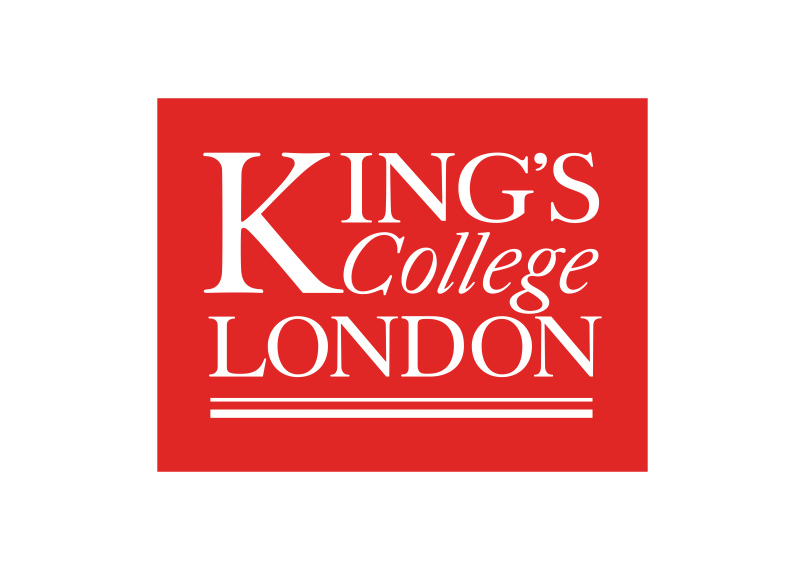
Patient, public and employer involvement in CMHW work programmes
This short but vital piece of work seeks to assess the current scope of patient, public and employer input into the Centre’s work, and make recommendations on how this might be improved going forward.
‘Patient and public involvement’ (or PPI) is the term used to describe the involvement of patients at all stages of the research cycle in order to make sure that research is being done that will best benefit the population it aims to help. The Centre’s work is concerned with all aspects of working life for people with musculoskeletal disease, so it is also key that we include feedback from employers with regards the feasibility and desirability of interventions, as well as to identify any barriers or facilitators from the perspective of all stakeholders in working life.
Aims
This work aims to assess the scope of the availability and provision of patient, public and employer involvement in the Centre’s programme of work, and to consider (if any) further action is required.
What will this research involve?
Following on from a presentation and discussion led by Dr Vaughan Parsons in June 2022 amongst Centre research staff, this work will consist of an online survey to be completed by key Centre personnel from each of our member institutions.
What has the study found so far?
Survey results
From our survey responses we were able to identify the following key themes:
Current availability and provision of PPEI
86% of respondents reported that their local research team have established a dedicated PPEI group to support work and health research activities in their area. Two partner organisations expressed a particular preference for accessing PPEI input using existing trusted relationships which have developed over time. In addition, partner organisations have access within their wider organisations to PPI groups or representatives who support work and health research activities.
A range of alternative methods beyond traditional pathways were also used to gain PPEI input and support with work and health research activities. In particular, this was often via direct engagement with local health charities, as well as reliance on informal professional networks and stakeholder relationships with policy makers, national charities, governmental departments and professional societies.
Barriers and challenges to PPEI engagement
Respondents described a range of barriers and challenges which impacted their capacity to optimally engage with PPEI representatives. These included, a lack of PPEI volunteers willing to contribute to work and health research and a small number of patients with specific health conditions coupled with delays accessing PPI members via health charities during grant development work.
We also found coordinating PPEI group availability to participate in meetings was challenging which then limits usefulness and impact. Organisational delays in reimbursing PPEI representatives for their time and expenses were also noted.
Several respondents also acknowledged a lack of employer representation in PPEI engagement activities to support and inform work and health research.
Potential strategies to improve PPEI in Centre work
Several respondents highlighted the need to attract and expand the number of patient and public representatives to ensure a wider range of health conditions and more diverse demographic backgrounds are represented in PPEI groups. Additionally, PPEI meetings need to be carefully managed in order to ensure all PPEI representatives are provided with equal opportunities to share their personal experiences and contribute feedback. More effort is needed to raise the profile and importance of PPEI more widely across partner organisations so that their contributions and insights are better recognised and valued.
Overall, feedback from CMHW leads suggest research staff already have access to a good range of PPEI representatives among local network groups and other stakeholders to inform and support work and health research activities, although targeted strategies and opportunities to engage with more diverse population groups as well as employer representatives are needed.
If you would like to know more you can download a copy of the full survey report here.
Study team
Chief investigator
Dr Vaughan Parsons (Guy’s and St Thomas’ NHS Trust / King’s College London)
Centre institutions
Further information
For any queries related to this work, please contact vaughan.parsons@gstt.nhs.uk


